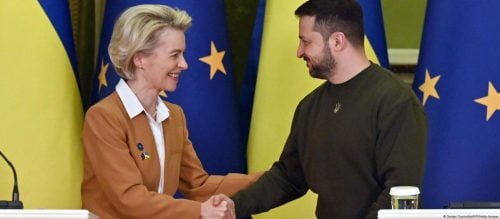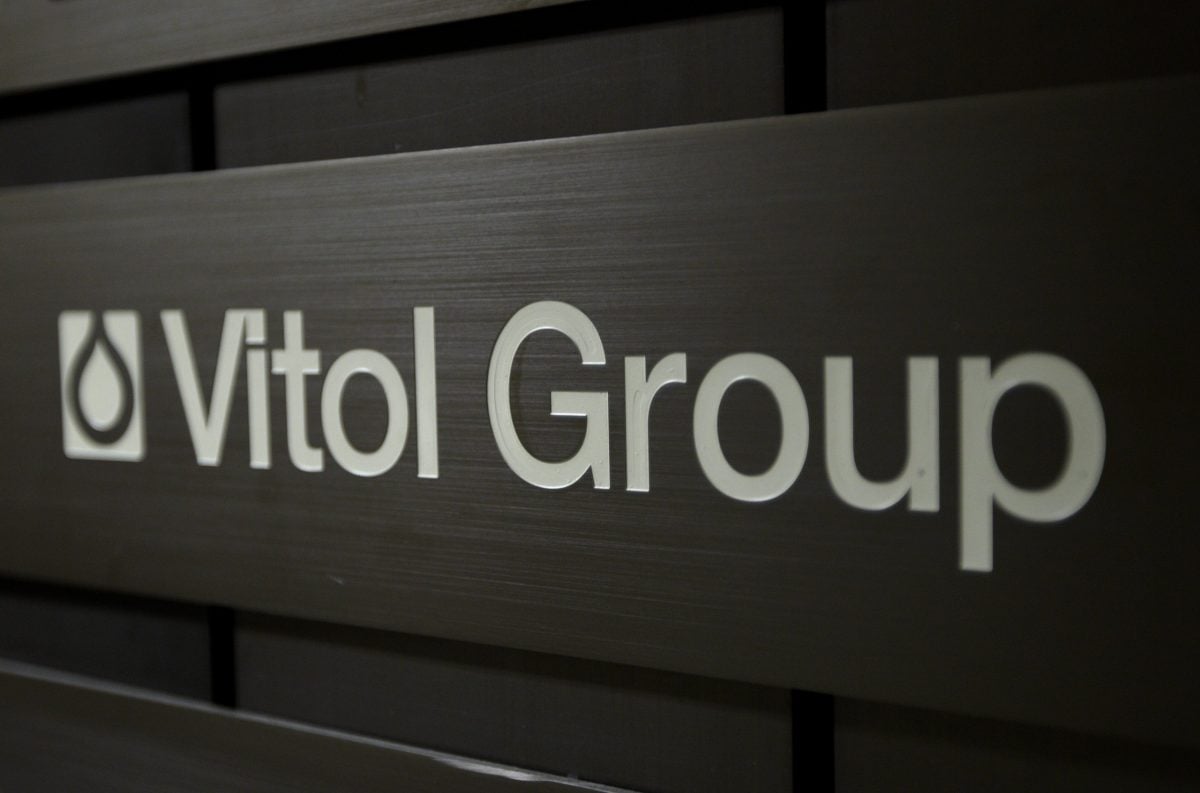The world’s largest oil trader is considering re-expanding the sale of Russia’s crude and oil derivatives again, after a year and more of restricting trade during it due to the Ukrainian war.
The CEOs of the Vitol and Trafigura groups revealed their study of resuming extensive commercial dealings in Russian oil and derivatives, without specifying a quick timeframe for that, according to Reuters.
This came in speeches delivered by the world’s largest oil trader at the Financial Times Commodities Conference held in the Swiss city of Lausanne, according to the specialized energy platform.
Trafigura backs off
Trafigura Group, the world’s second largest independent oil trader, is considering revising its decision to restrict trade in Russian oil and derivatives, according to CEO Jeremy Ware.
The Asian group, which deals in commodities, minerals and energy, says it is helping to export limited supplies of Russian oil derivatives at the present time due to the sanctions imposed on Moscow.
The Singapore-based group is reviewing the resumption of dealing with larger quantities of Russian oil and derivatives, but only after entering into a broad dialogue with all stakeholders, including Ukraine.
Ukraine, the world’s largest oil trader, is calling for a cessation of Russian oil and derivatives transactions, to help dry up Moscow’s continuing financing sources in the war against Kiev for the second year in a row.
International oil and gas companies are also calling for withdrawal from Russia, prompting British oil company BP, US Exxon Mobil, and Shell to give up their stakes in joint investments with Russian oil and gas companies.
Vitol hints
Trafigura Group announced this sudden change, in conjunction with the announcement of its largest competitor, Vitol, a similar review, but without specifying a time limit for implementation or considering it a quick priority for action.
Vitol Group CEO Russell Hardy said his company does not see a return to the Russian market as a priority at the moment, although international sanctions do not completely prevent trade, according to Bloomberg.
Vitol committed itself to a gradual cessation of trading in Russian oil and derivatives two months after the outbreak of the Ukrainian war (April 2022), according to what was monitored by the specialized energy platform.
The Trafigura Group was established in Singapore in 1993, and its activity expanded in the trading of base metals and energy, until it became the largest independent trader of minerals and the second oil trader in the world after the Swiss-based global Vitol company.
The group owns a series of commercial offices in 48 countries around the world, and its activity is specialized in trading oil and oil derivatives with the purchase of oil barrels, resale and transportation to the required location, according to what was monitored by the specialized energy platform.
European sanctions

Russian oil derivatives exports are subject to a Western blockade that has been in effect since February 5, 2023, through the tightening of sanctions imposed on Moscow by the United States, Europe and the Group of 7.
Russian oil exports have also been under further blockade since December 5, 2022, forcing Moscow to change its destination to Asia while offering generous discounts to the largest state and independent Indian and Chinese refiners.
Vitol, Trafigura, Glencore, and Govnor were major international traders of Russian oil before the Ukrainian war, through long-term deals with Russian state oil companies, and various investments in Moscow’s oil projects.
With the outbreak of the war, these companies moved away from trading in Russian oil under the Western sanctions imposed on Moscow, and did not attempt to deal according to the maximum purchase price of $60 a barrel.
And 6 little-known trading companies – headquartered in Hong Kong and Dubai – replaced the largest oil traders who were reluctant to deal with Russian oil and derivatives during 2022, according to Russian customs data published by Bloomberg Agency.
Trade in Russian oil is expected to rebound, with the world’s largest oil traders turning to resume selling it on global markets, but it is not clear when they will resume trading, according to the specialized energy platform.
related topics..
Also read..

Leave a Reply